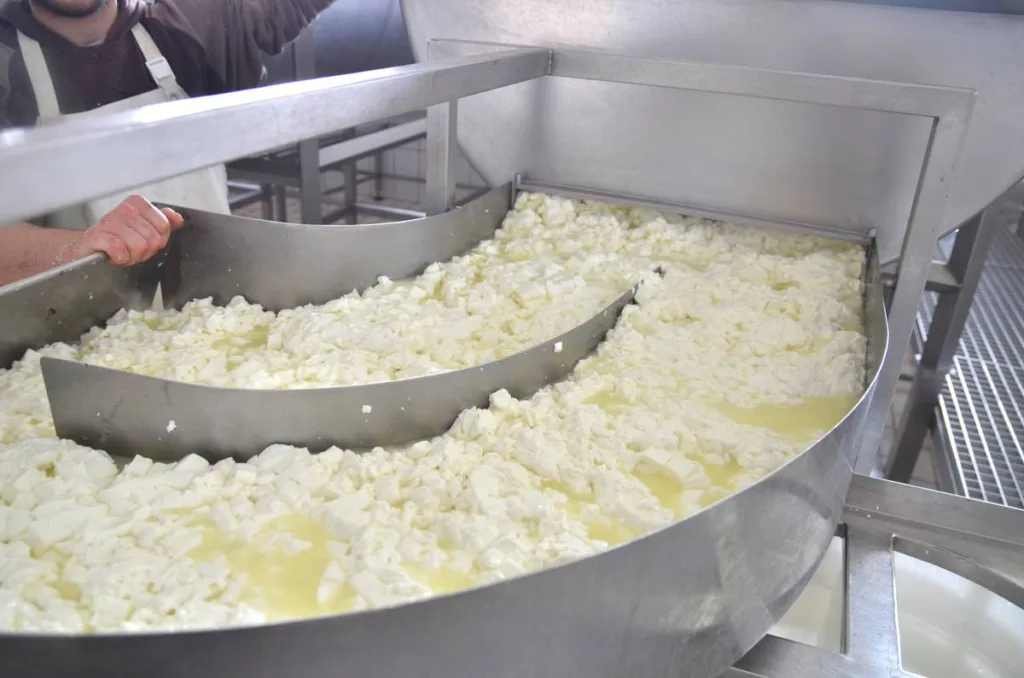Recently announced, new US tariffs are set to impose a 10% baseline tax on all countries, including Greece and Australia.
This move is part of US President Donald Trump’s broader strategy to address trade imbalances and has sparked concerns about retaliatory measures from global trading partners.
The European Commission is set to present a unified proposal on Monday, April 7 for retaliatory measures in response to new US tariffs, with a vote scheduled later this week.
The proposed tariffs will target 70% of EU exports to the US, covering a wide range of products from meat, cereals, and wine to household items like vacuum cleaners and toilet paper.
While reactions to the US tariffs have been mixed, with French President Emmanuel Macron calling for a freeze on European investments in the US, and Ireland and Italy advocating for a more measured response, the EU’s countermeasures are expected to move forward unless a majority of 15 member states oppose them.
The retaliatory measures will be implemented in two stages, beginning on April 15.
EU Commission President Ursula von der Leyen will engage with key stakeholders in sectors most impacted by the tariffs, including steel, automotive, and pharmaceuticals.
Australian steel industry:
Australian businesses like ProWay, which builds livestock handling equipment, are feeling the effects of the US tariffs on steel.
Managing Director Paul Gianniotis noted that the global steel market is facing a glut as a result of the tariffs, with prices dropping and making imported steel more attractive.
Gianniotis predicted that Australia could become a “dumping ground” for steel, exacerbating challenges in the steel industry.

Greek economy and feta exports:
Although Greek exports to the US account for just 4.8% of the country’s total exports, the new tariffs are expected to have a significant indirect impact on Greece.
Key export markets, like Germany and Italy, could feel the strain as the tariffs negatively affect their economies.
Greek feta producers, however, face more direct challenges. The iconic cheese, a protected EU trademark since 2022, has become a key export for Greece, with around 8% of its 140,000 tonnes exported to the US last year.
Feta’s exports had doubled over the past four years as American consumers embraced the product, but the imposition of a 20% tariff on EU exports threatens to derail the industry’s expansion plans.
Konstantinos Latsis, general manager of a dairy cooperative in Kalavryta, expressed concern over the impact of tariffs, stating, “What share of that (duties) will go to the final consumer… remains to be seen.”
The cooperative, which produces 5,000 tonnes of feta annually, is hopeful but cautious about the future, given the US market’s importance.
Greek Minister of Rural Development and Food, Kostas Tsiaras, said Greece would seek exemptions for unique products that don’t compete with US alternatives and called for the EU to redesign policies to increase the accessibility of European produce.
Prime Minister Kyriakos Mitsotakis emphasised Greece’s commitment to free trade and active participation in shaping the EU’s unified response.
Source: ABC.
